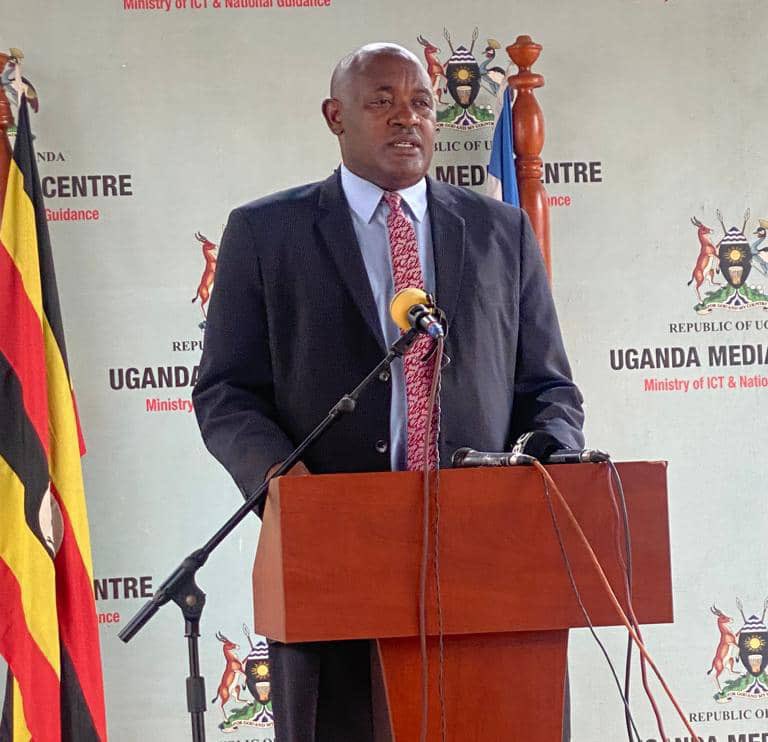Cabinet Passes Early Childhood Policy for 0-6 Year Olds
The new policy aims to regulate fees in nursery schools, curriculum content , appropriate learning hours,

Cabinet has passed the policy on early childhood targeting young learners between the age of zero to six years of age.
The policy was passed in a recent cabinet meeting held on Monday, the Minister for ICT and National Guidance, Chris Baryomunsi, has announced that the policy presentation was delivered by the Minister of Education and Sports, Janet Kataha Museveni, emphasizing care and educational support for children in this crucial developmental stage.



Comments are closed.